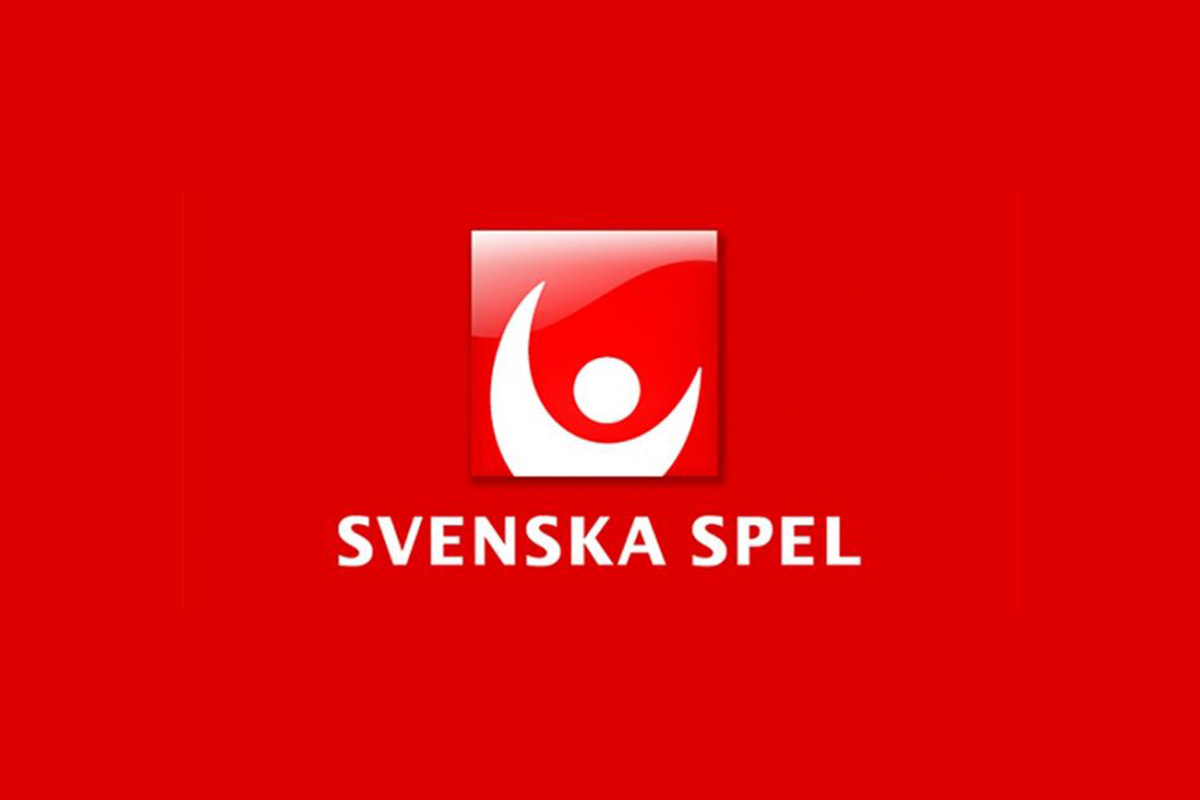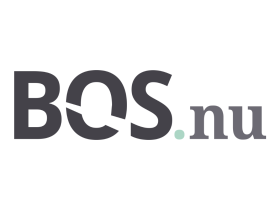It was with a clear message that Finance Minister Elisabeth Svantesson (M) last week explained why the state is selling Bilprovningen, Sweden’s largest vehicle inspection company: “There is no obvious reason why the state should own this company. The state must first and foremost regulate and control this market, but it is good if others own,” she said.
The same can be said about the state-owned company in the gambling industry, Svenska Spel.
Bilprovningen and Svenska Spel belong to a handful of state holdings that are particularly unsuitable for the state to own, in that the state companies operate in a competitive market alongside a number of normal private companies, where the state has the role of regulating both its own company but also all others.
It is never a good idea to be a player and referee in the same match. No matter how much responsibility is distributed among various functions and authorities within the state, such an arrangement is set up to erode trust in the state’s role as a neutral judge. Is it the neutral judge we listen to when government officials speak, or is it the state casino director?
Having a state-owned company operating in an otherwise competitive market is by no means a guarantee that state-owned companies will perform better than private companies. This year alone, the fines issued to Svenska Spel by the Swedish Gambling Authority add up to over one hundred million kronor (€10M), for various violations of the Gambling Act. That’s more than any other gambling company on the market.
And it’s still not the big talking point of the year when it comes to scandals in the gambling industry. The big scandal has concerned a gambling company owned by a political party. Consider if a scandal of the same dignity affects a gambling company owned by the Swedish government. Every day with the state as owner of Svenska Spel, the government is exposed to this risk, e.g. with the illegal gambling advertising when Trisslotten is scratched on TV4.
Another unfortunate consequence when the state owns and operates companies on competitive markets is that the public debate about how gambling should be regulated is short-circuited, when Svenska Spel or their representatives take the floor and tell the government and the Riksdag how things should be regulated. The order in a democracy must be the other way around: it is the Riksdag and the government that have the mandate to say what Svenska Spel should do, not Svenska Spel that should give directives to the elected politicians.
The two heaviest parties in the government base in terms of the number of seats in the Riksdag – the Moderates and the Sweden Democrats – were very clear before the last election what they intended to do with Svenska Spel in the event of an election victory: privatize the state ownership. Instead, it was said, the government should concentrate on the role that only the state can have, namely, to be a legislator and to monitor that the market participants comply with laws and regulations.
The sale of AB Bilprovningen shows that the government is prepared to go from words to action, and there is no reason to wait any longer with the privatization of Svenska Spel. In fact, the state’s role as an impartial judge is probably even more important in the gambling market than in the car inspection industry.
Of course, a sale must take place according to all rules in order to get as much paid for the company as possible. The sale can then form an important basis for important government investments in, for example, infrastructure. It would be a sale we would all win from.
Gustaf Hoffstedt
Secretary General, BOS – The Swedish Trade Association for Online Gambling
The post The next step after the privatization of “Bilprovningen”: sell Svenska Spel appeared first on European Gaming Industry News.







Leave a Reply